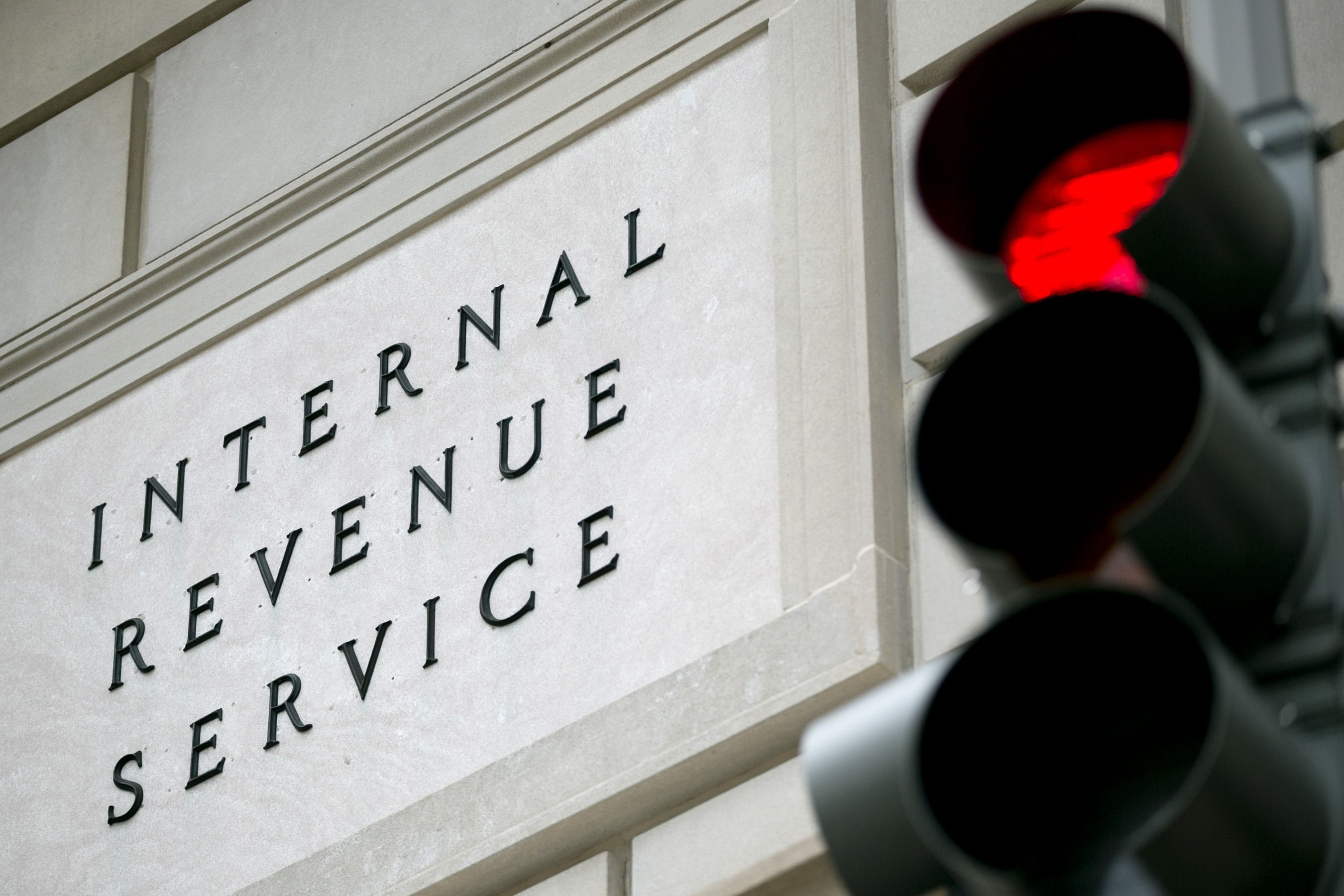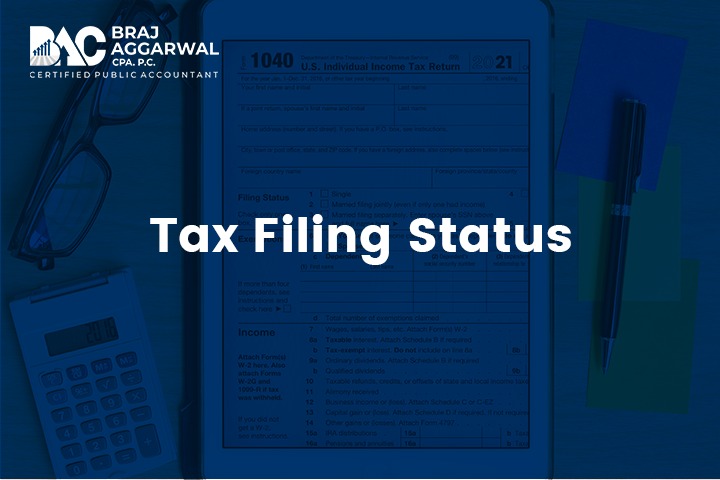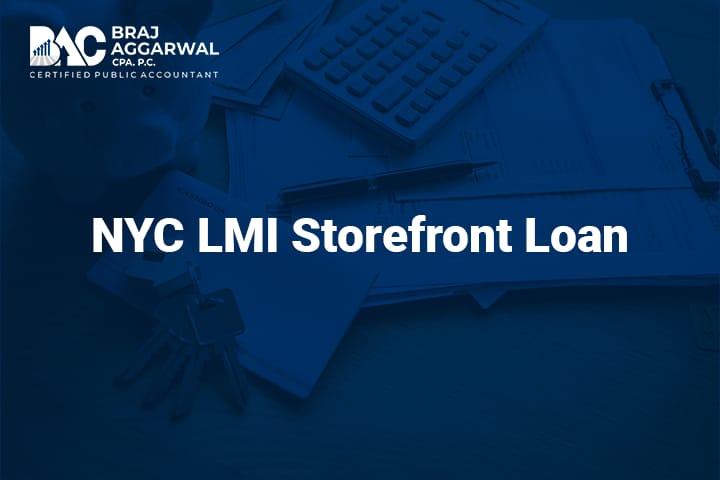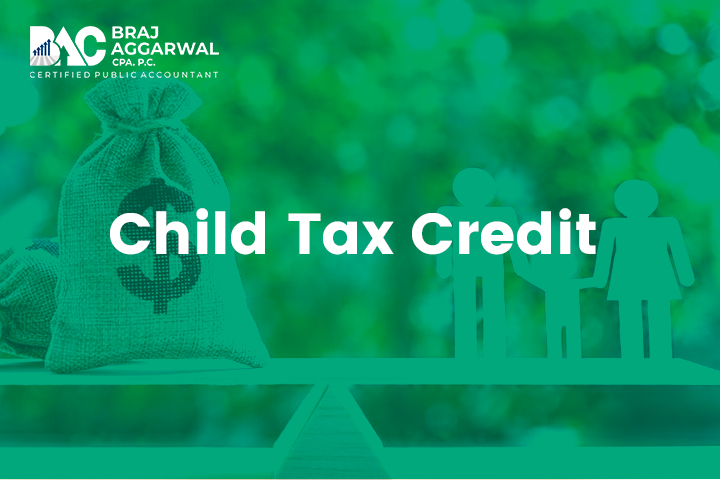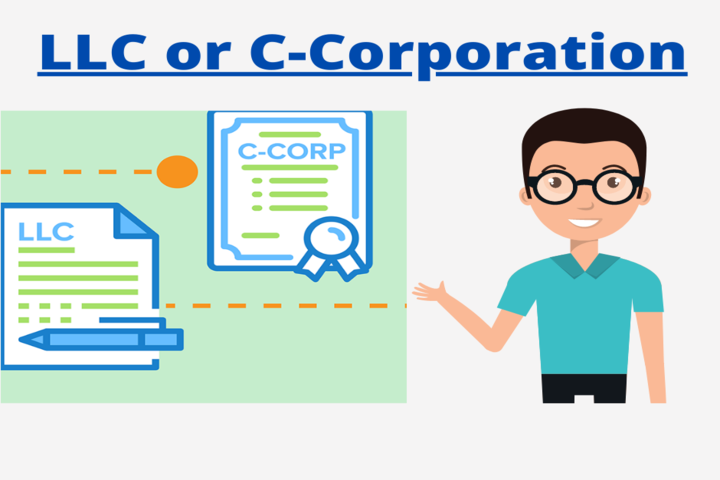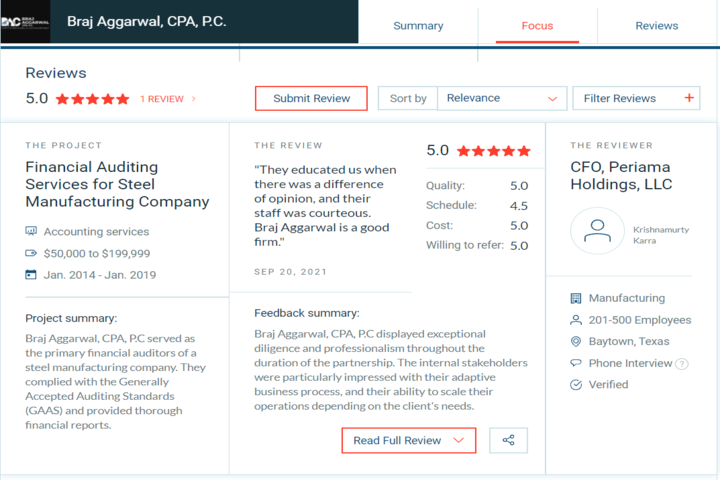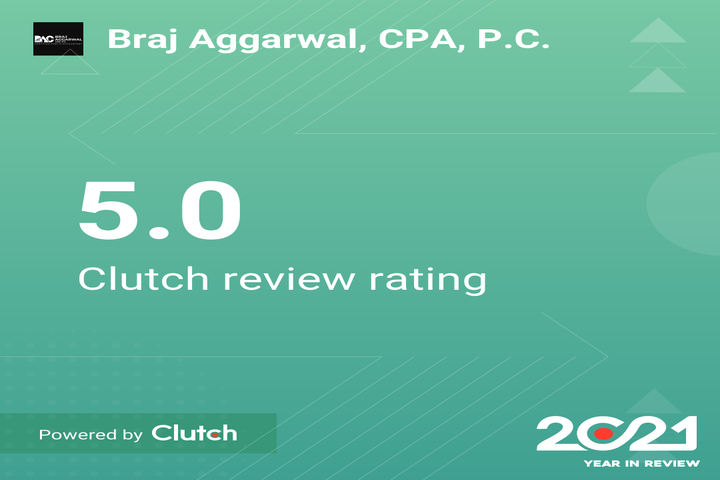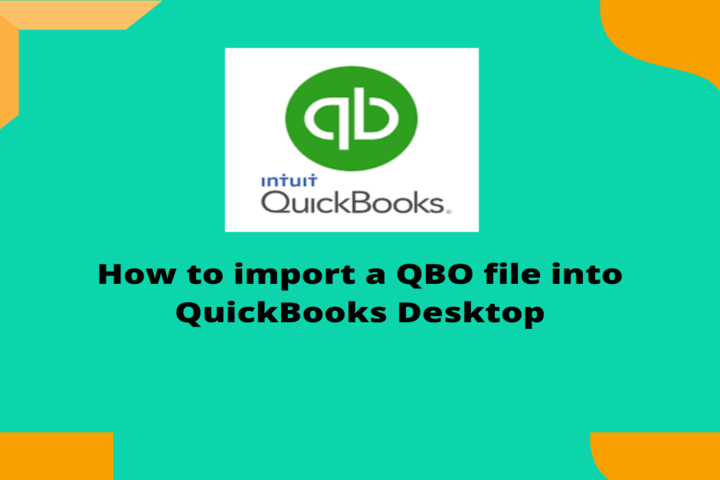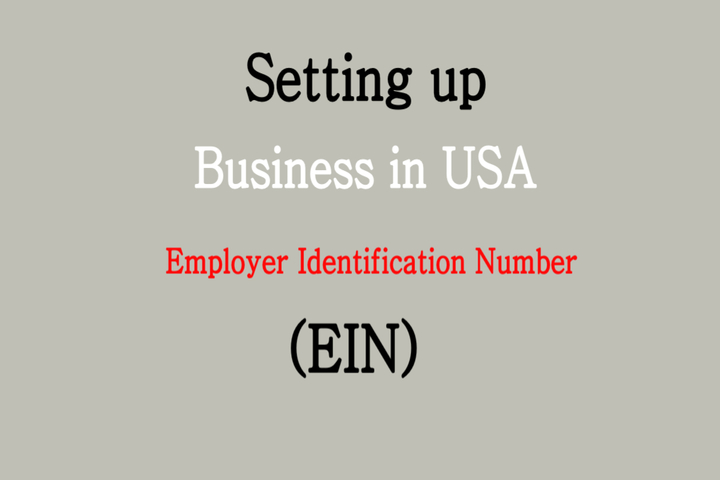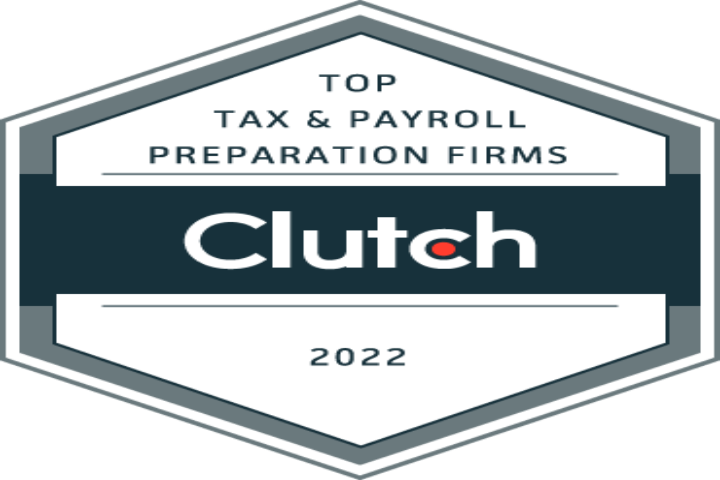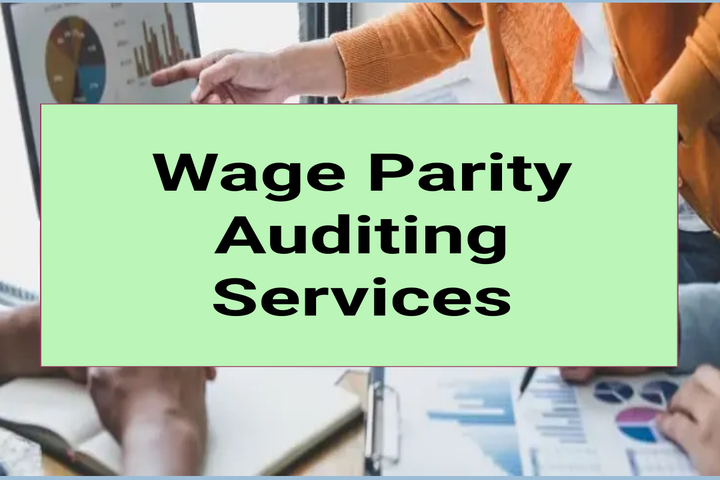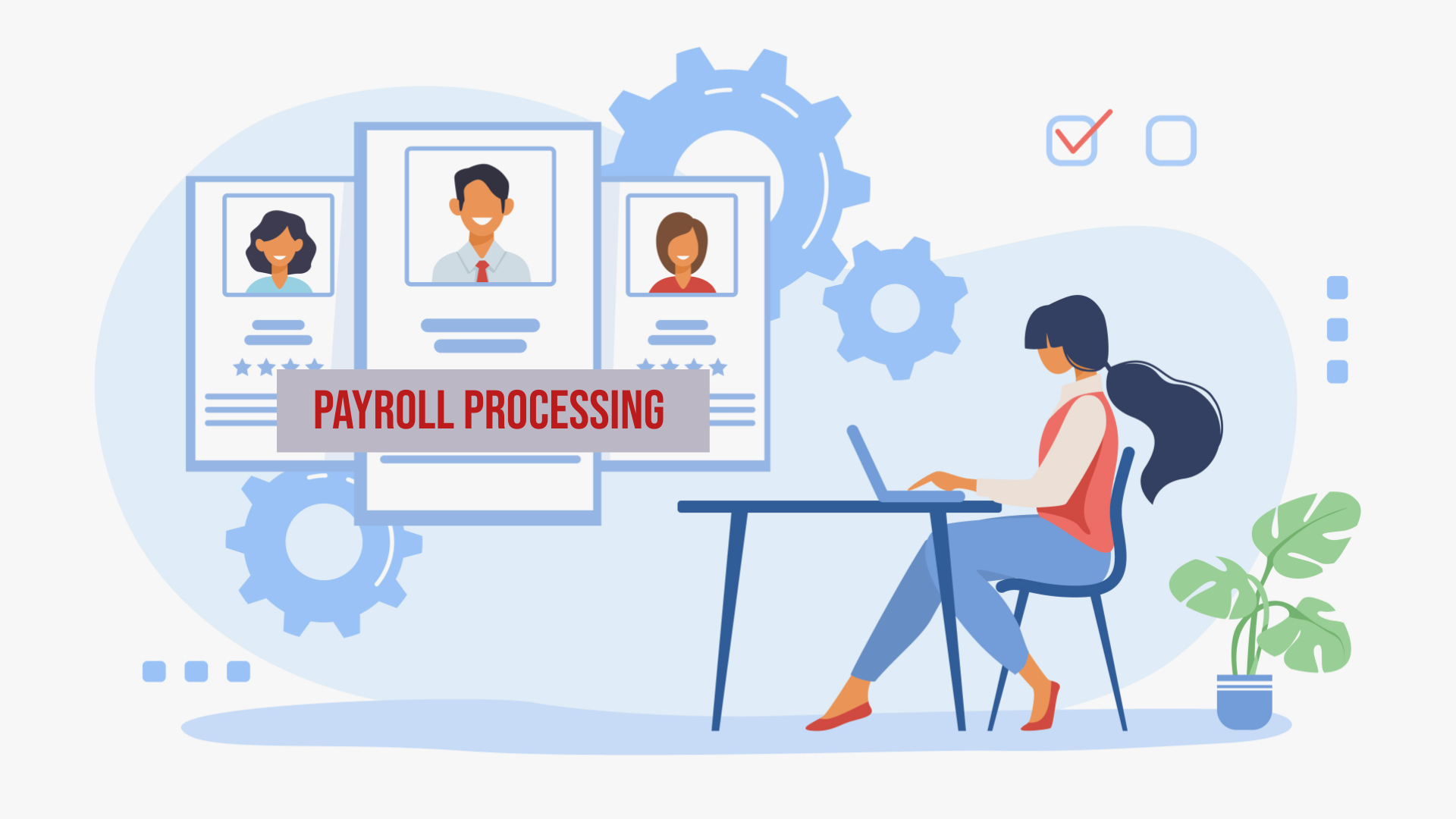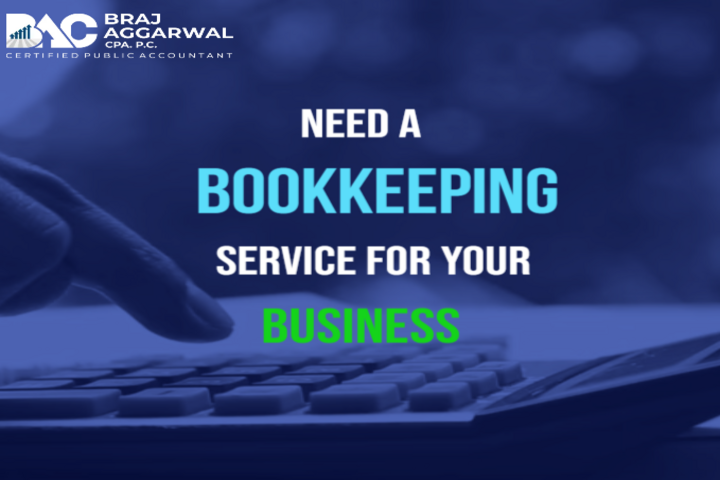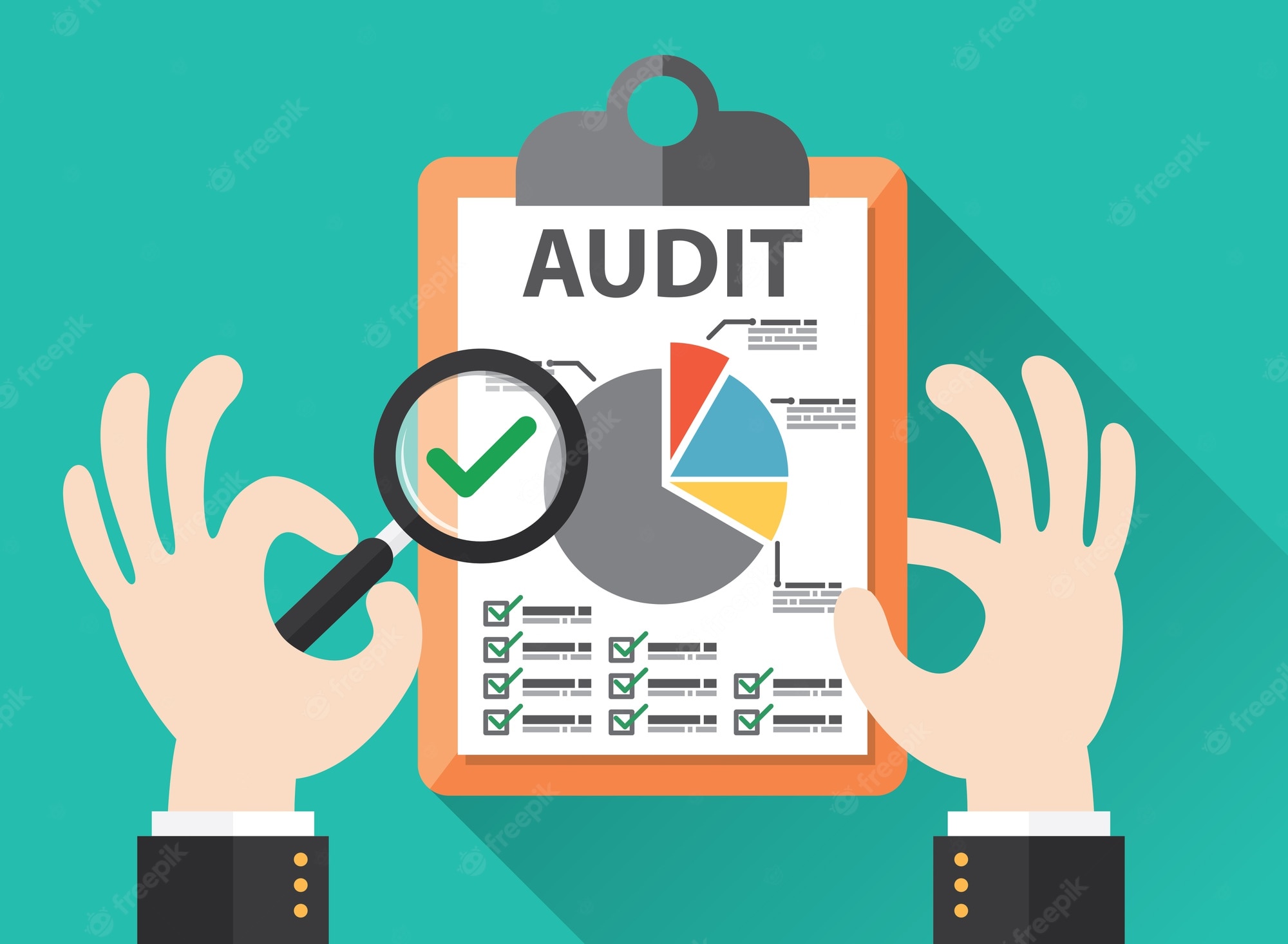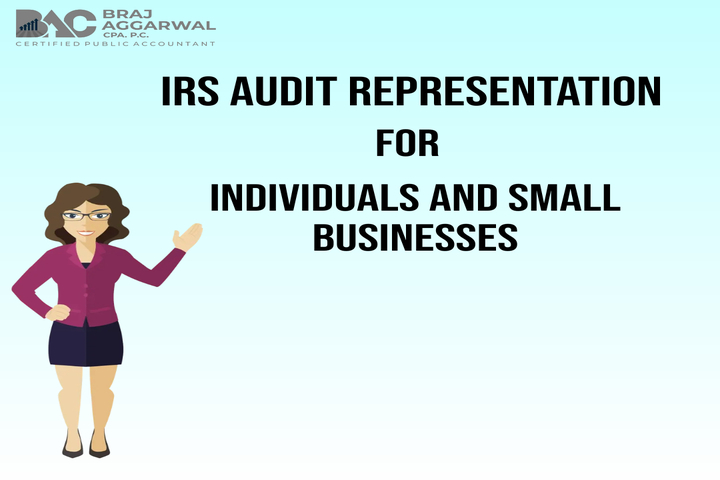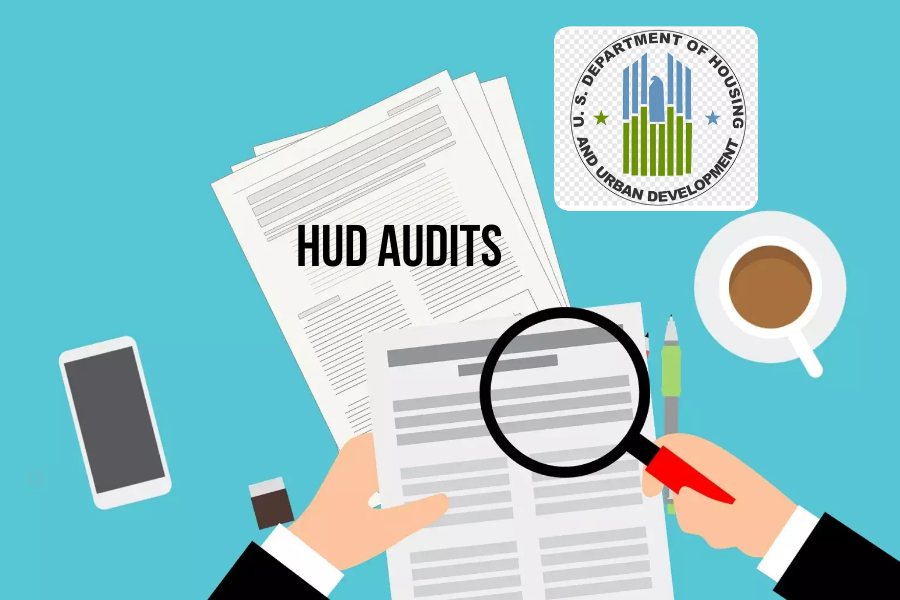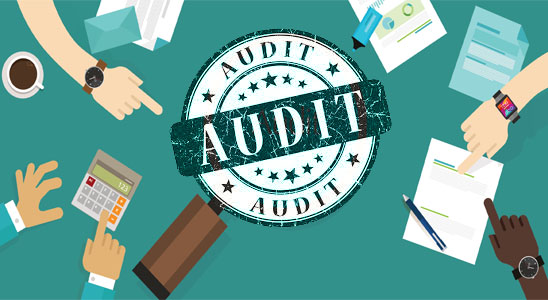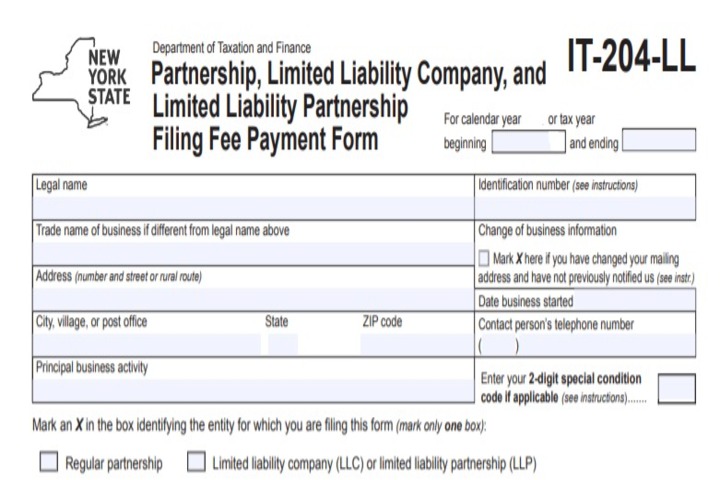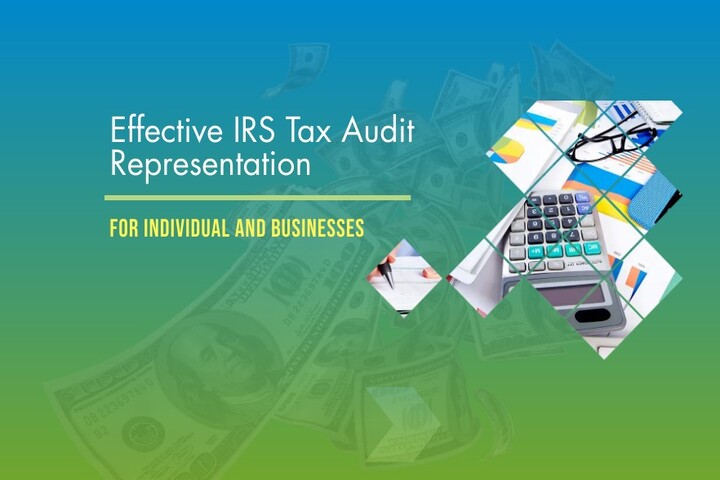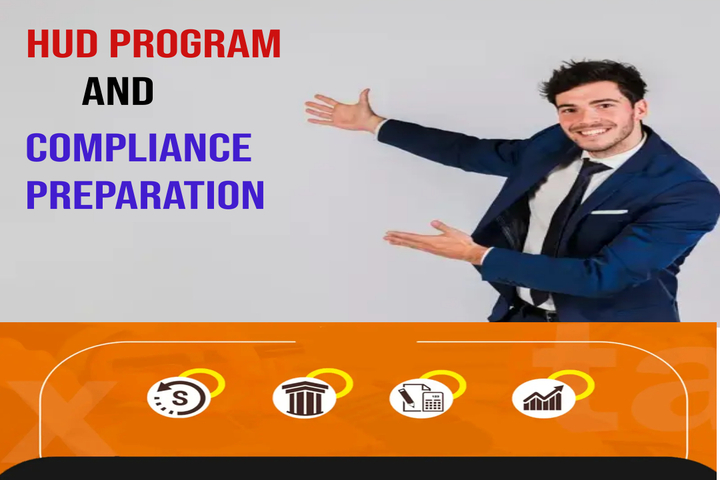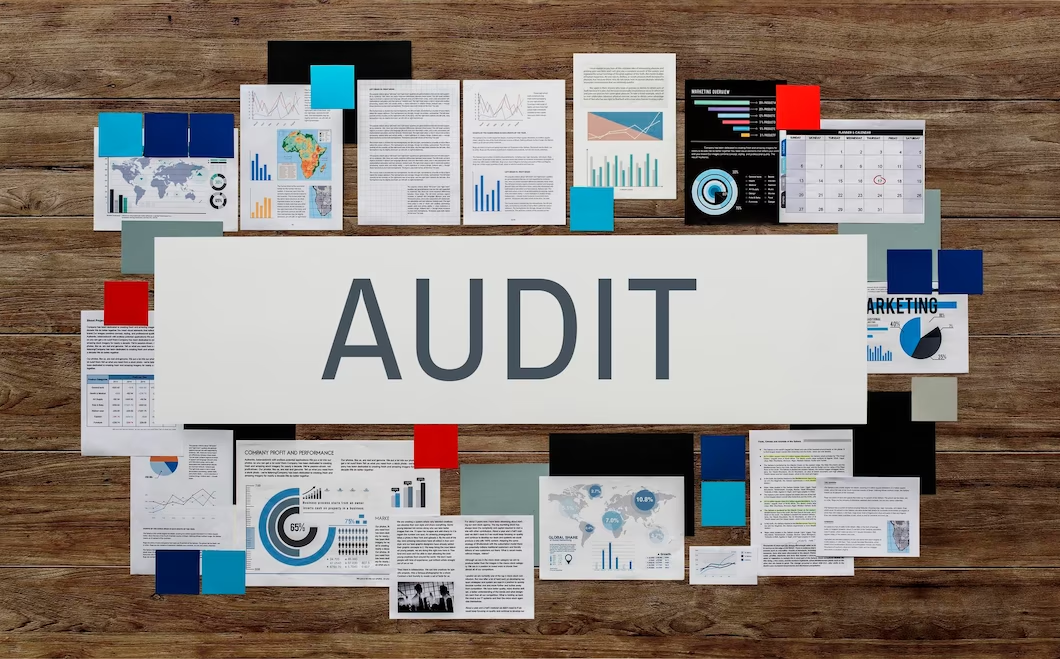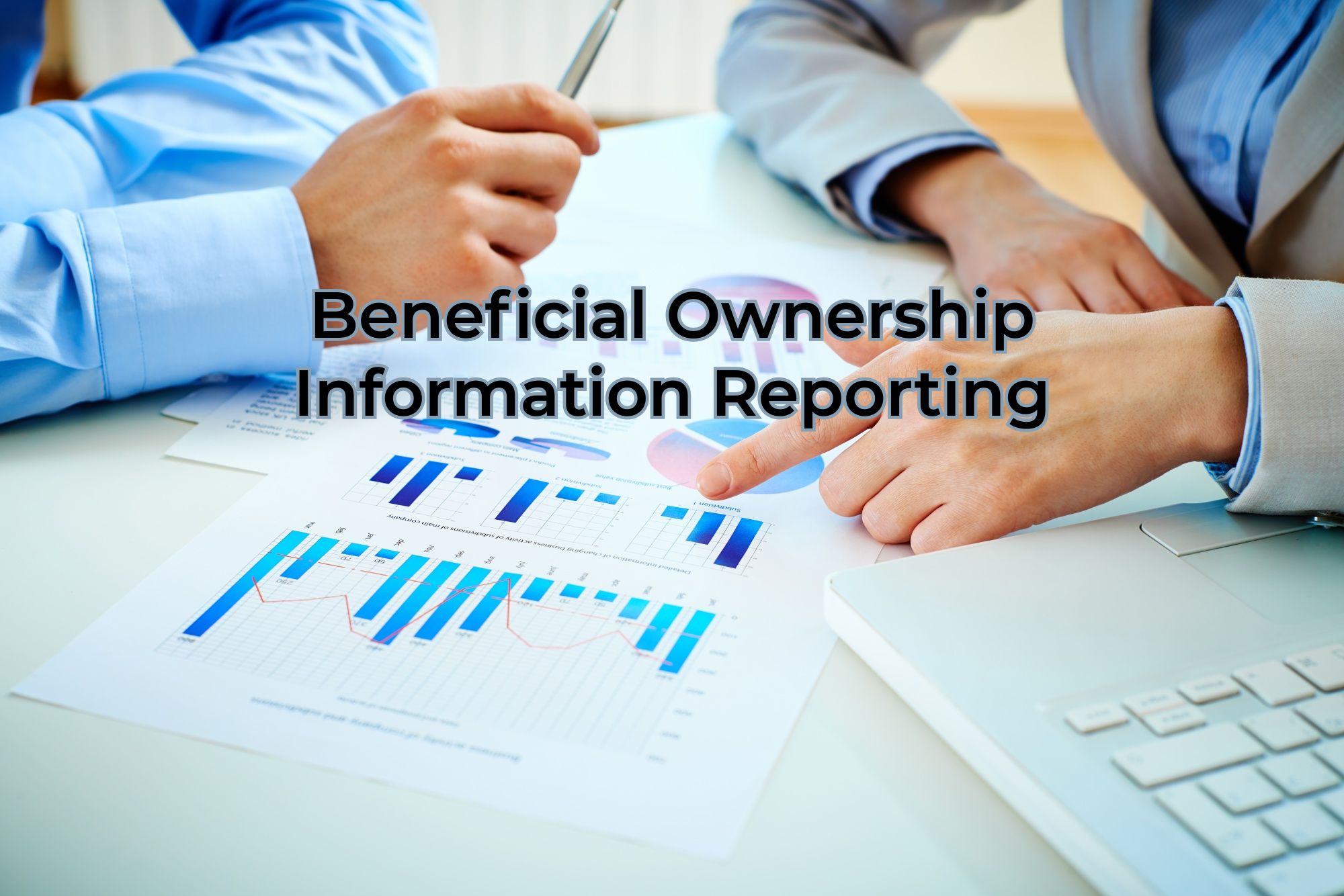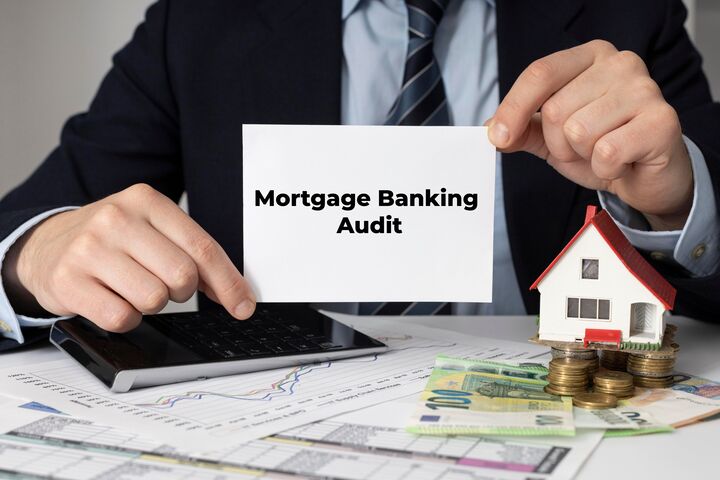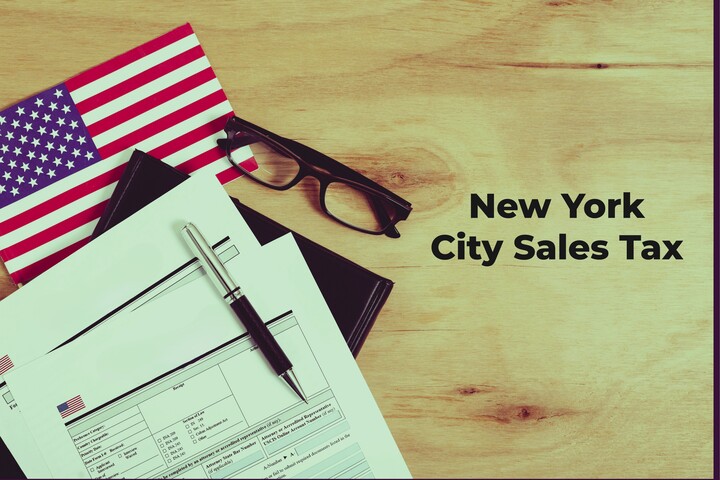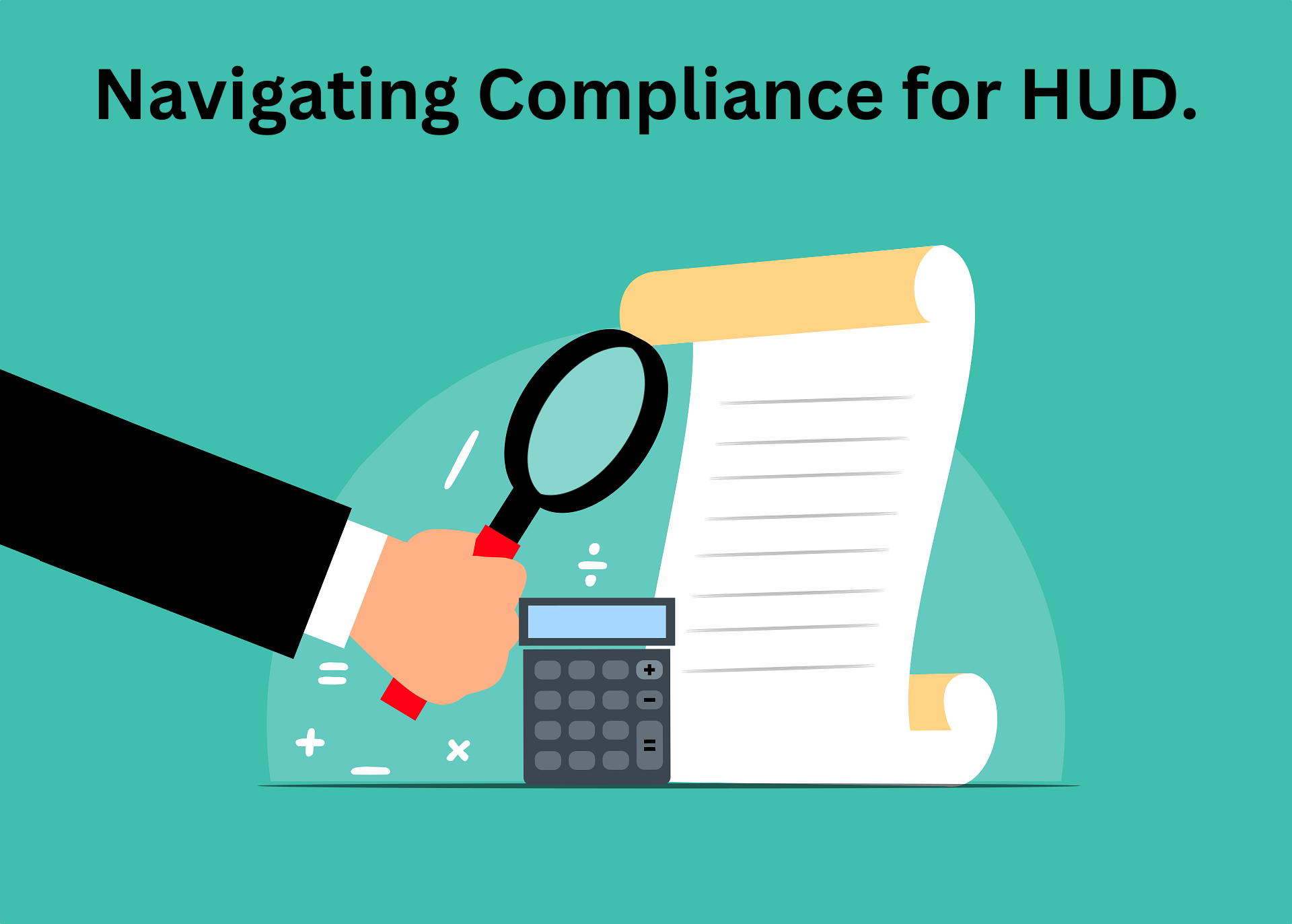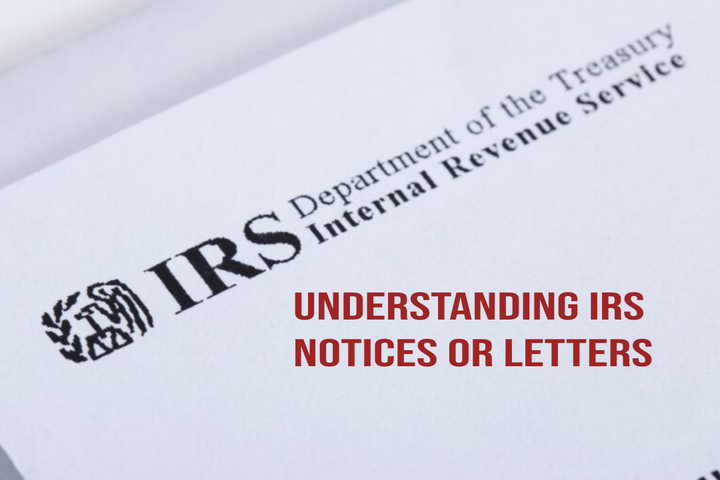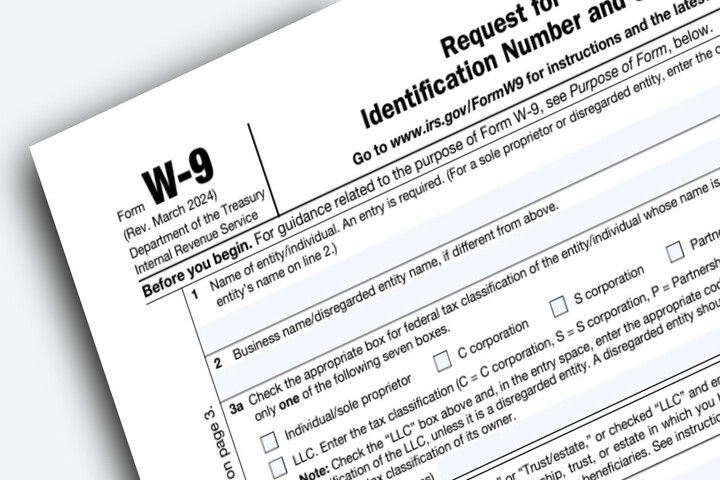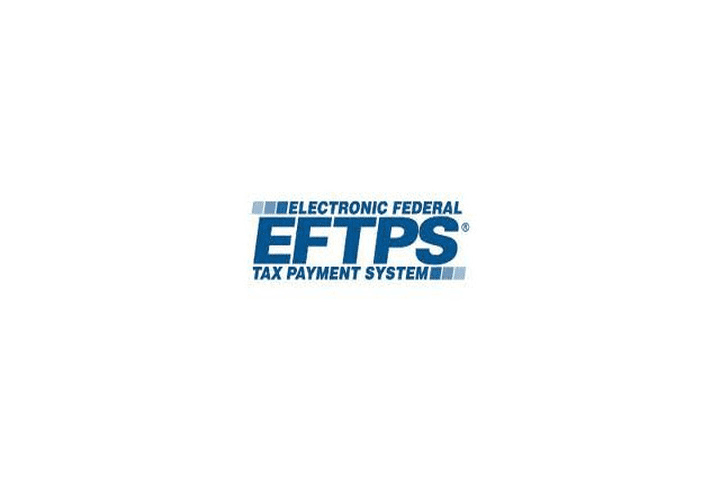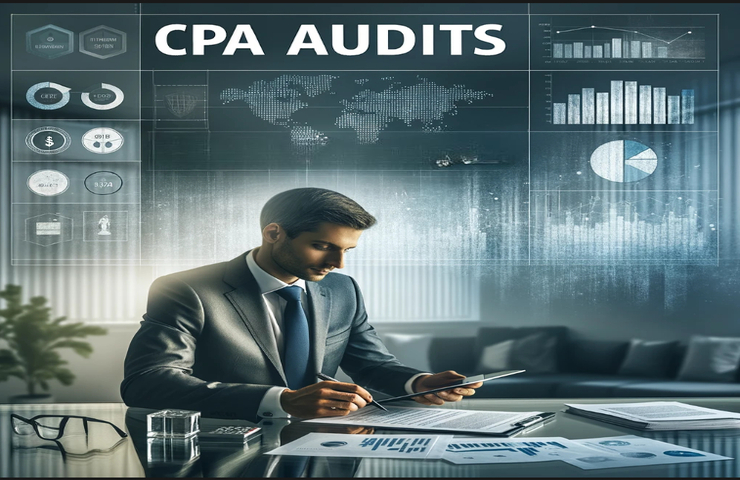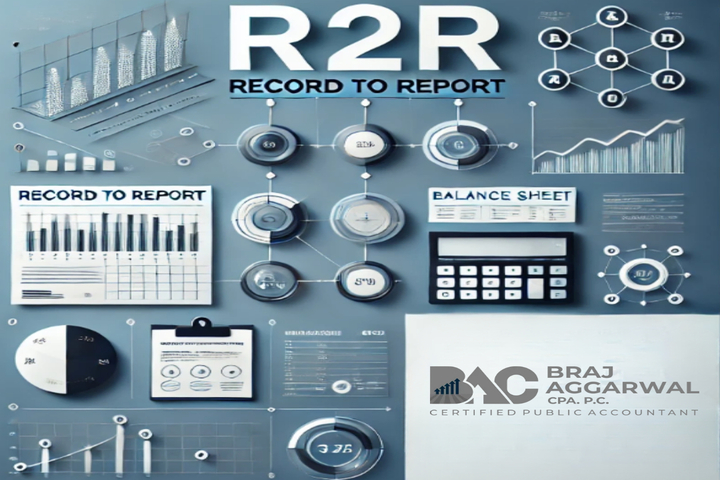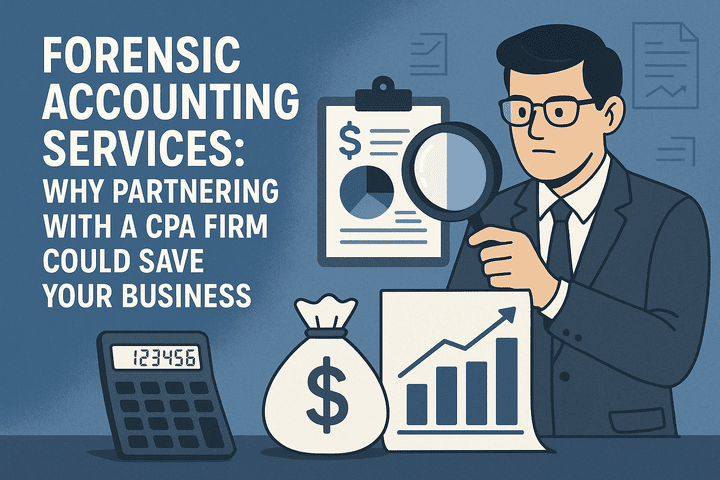CPA Strategies for Effective Mortgage Audits Tips and Techniques
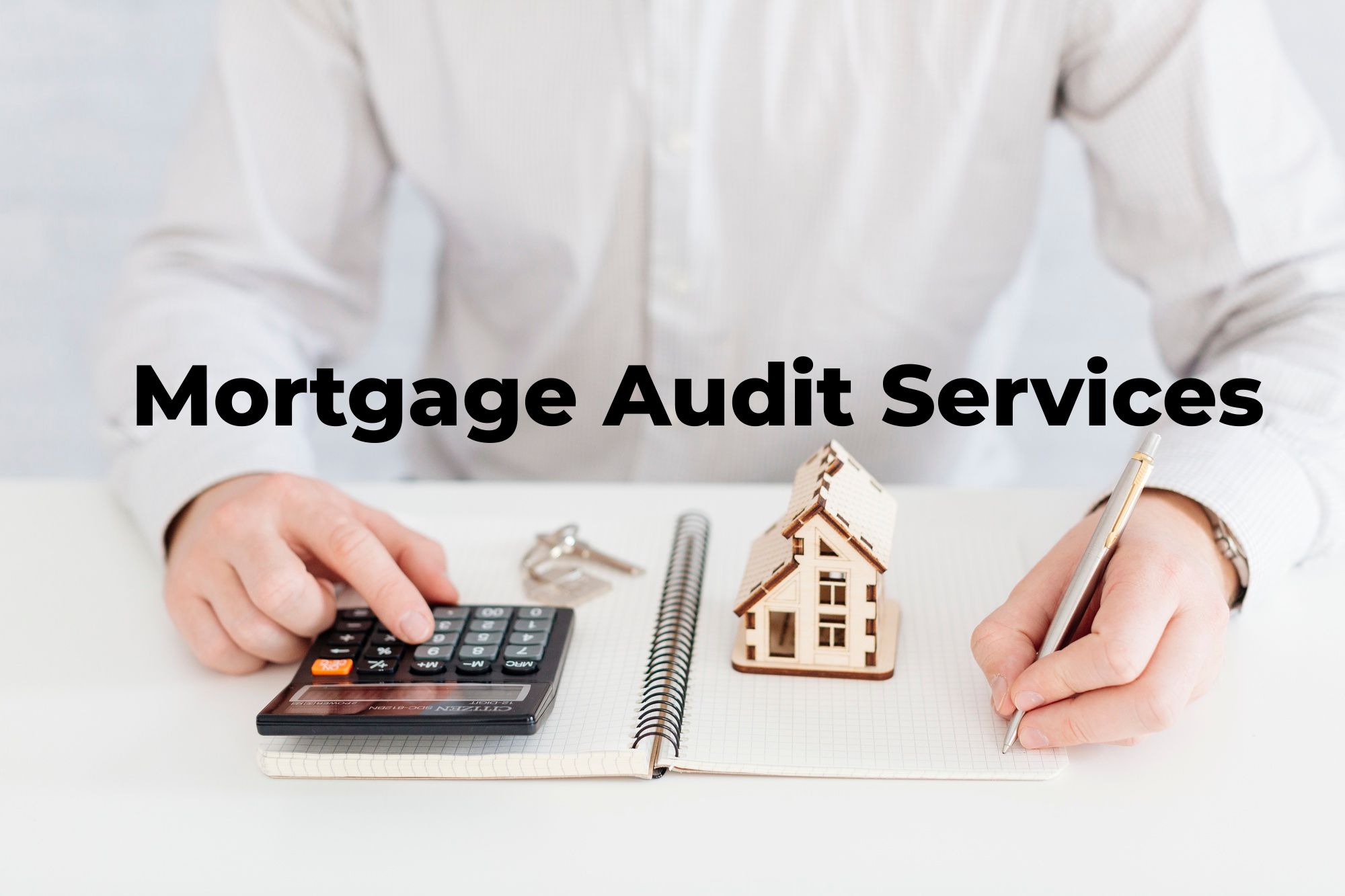
Mortgage audits serve as a cornerstone in maintaining the accuracy and compliance of mortgage loan portfolios. With financial institutions and regulatory bodies prioritizing transparency and risk management, the significance of meticulous mortgage audits cannot be overstated. We'll delve into the invaluable role Certified Public Accountants (CPA) play in mortgage audits, offering practical insights and techniques to conduct these audits with efficiency and effectiveness.
Understanding Mortgage Audits
At their core, mortgage audits encompass a comprehensive examination of mortgage loan files to ascertain compliance with regulatory mandates, internal protocols, and industry benchmarks. These audits are designed to pinpoint errors, disparities, or potential risks within mortgage portfolios. Key elements of a mortgage audit typically entail scrutinizing loan documents, evaluating borrower eligibility, validating income and asset details, and assessing the accuracy of loan calculations.
Despite their pivotal importance, mortgage audits pose challenges due to the sheer volume of documentation, ever-evolving regulatory landscapes, and the necessity for specialized proficiency in financial analysis and risk assessment.
The Role of CPAs in Mortgage Audits
Certified Public Accountants (CPA) bring a wealth of expertise and insight to mortgage audits. Equipped with rigorous training, professional experience, and unwavering commitment to ethical standards, CPAs are ideally positioned to safeguard the accuracy, integrity, and compliance of mortgage loan portfolios.
CPAs play a critical role in verifying the precision of financial data, evaluating the efficacy of internal controls, and identifying potential risks or irregularities within mortgage loan files. Their analytical acumen, meticulous attention to detail, and comprehensive understanding of financial reporting standards render them indispensable assets in the mortgage auditing domain.
Strategies for Effective Mortgage Audits
- Thorough Document Review: Initiate the audit process by meticulously gathering and organizing all pertinent loan documentation, encompassing loan agreements, promissory notes, title deeds, and income verification records. Attentively scrutinize details and discrepancies that might signal potential issues or risks.
- Utilization of Data Analytics Tools: Harness the power of data analytics tools and software to expedite the analysis of extensive loan data accurately. These tools aid in identifying patterns, trends, and anomalies that warrant further investigation.
- Effective Communication with Stakeholders: Ensure transparent and succinct communication of audit findings, observations, and recommendations to key stakeholders, including senior management, board members, and regulatory authorities. Utilize plain language and visual aids to enhance comprehension and decision-making.
- Stay Abreast of Regulatory Changes: Remain vigilant regarding shifts in mortgage lending regulations, accounting standards, and industry trends to uphold compliance and efficacy in mortgage audits. Engagement in continuous education initiatives, seminars, and professional networks fosters ongoing learning and skill augmentation.
Techniques for Streamlining Mortgage Audits
- Establish Standardized Procedures: Institute standardized audit procedures and checklists to maintain consistency and efficiency across mortgage audits. Clearly delineate roles, responsibilities, and timelines to streamline the audit process and mitigate errors.
- Leverage Technological Advancements: Invest in cutting-edge technology solutions such as document management systems, workflow automation tools, and artificial intelligence to automate repetitive tasks and heighten audit efficiency. These technological innovations curtail manual errors, amplify data accuracy, and expedite audit timelines.
- Promote Collaborative Efforts: Foster synergy and collaboration with other professionals involved in the audit process, encompassing loan officers, underwriters, legal counsel, and risk management specialists. By pooling expertise and perspectives, cohesive teamwork facilitates superior audit outcomes.
FAQ Section
Q1: Why are CPAs indispensable in mortgage audits? A: CPAs bring specialized proficiency in financial analysis, risk assessment, and regulatory compliance to mortgage audits. Their rigorous training, professional experience, and unwavering commitment to ethical standards render them invaluable in ensuring the accuracy, integrity, and compliance of mortgage loan portfolios.
Q2: What are the common challenges encountered during mortgage audits? A: Common challenges encompass the volume and complexity of documentation, evolving regulatory prerequisites, and the necessity for specialized proficiency in financial analysis and risk assessment. Additionally, ensuring consistency and precision across audit processes can pose challenges, particularly in extensive mortgage portfolios.
Q3: How can CPAs optimize the mortgage audit process? A: CPAs can optimize the mortgage audit process by instituting standardized audit procedures, leveraging technology for automation and efficiency, and fostering effective collaboration with other professionals involved in the audit process. Embracing best practices and innovative solutions enables CPAs to enhance the efficiency, effectiveness, and quality of mortgage audits.
Conclusion:
In conclusion, CPA strategies are instrumental in ensuring the effectiveness and integrity of mortgage audits. By leveraging their expertise and adopting best practices, CPAs can navigate complex audit processes with confidence and precision, ultimately contributing to the overall transparency and trustworthiness of mortgage-related transactions.
Looking for tax, audit, advisory, or accounting for mortgage bankers? Our Braj Aggarwal, CPA, P.C experts auditor team can help navigate the ever-changing economic and legislative landscape.




